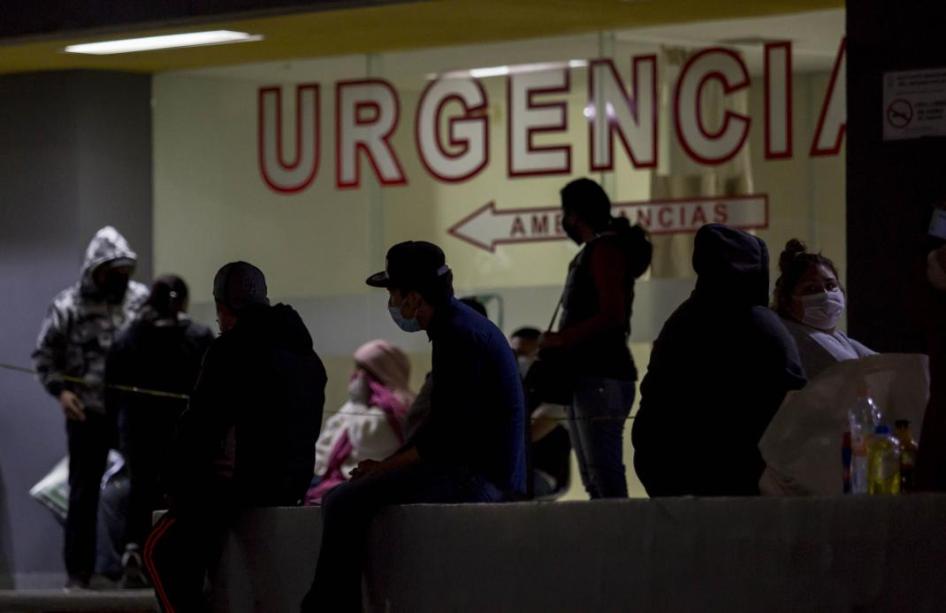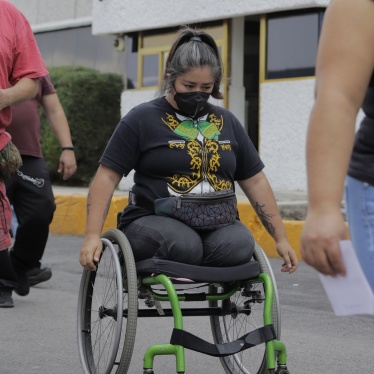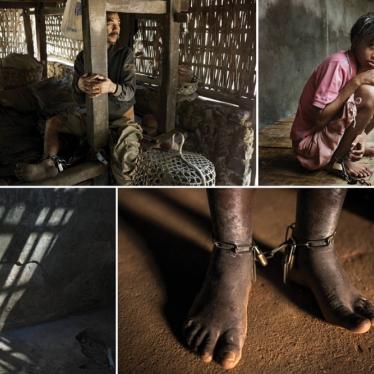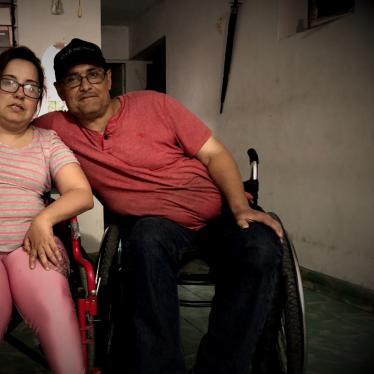“What would happen to me? What happens if they don’t understand what I say?” These are the kinds of wrenching questions going through the mind of José Miguel, a 33-year-old man with multiple disabilities in Mexico, when thinking about the medical care he might receive if he contracted Covid-19. José Miguel's sister, Isabel, a colleague of mine, recently tweeted about José Miguel's heart wrenching request that his family not take him to the hospital for critical medical care if he contracts Covid-19. He is used to having a family member or personal assistant who knows him well with him to help communicate his needs and wishes, something he would not be allowed to have if admitted to an intensive care unit for Covid-19 treatment.
In Mexico, as in some other countries, when people become infected with Covid-19 and become very sick, they are often admitted to intensive care units to get life-saving care, including oxygen or, in very serious cases, mechanical ventilators to facilitate breathing. When this happens, patients are immediately isolated and separated from family members, who would be put at risk of contracting Covid-19, or spreading it further in the hospital if they themselves are infected.
While these strict measures have a clear health purpose, they also risk negatively impacting people with certain types of disabilities, including people with autism, intellectual disabilities, or dementia who may have difficulty understanding why they are suddenly isolated and alone, and risk not being understood or misunderstood by medical staff in the absence of someone experienced in communicating with them.
Without the guaranteed personal support they need to cope and communicate, people with disabilities like José Miguel may choose not to go to hospitals, even if they contract Covid-19. This puts them at serious risk of health complications and even death.
Many public and private hospitals have staff dedicated to supporting patients, including those with disabilities, with essential tasks like eating, bathing, and other necessities. But for some people, this type of support isn’t enough to receive the quality of care to which they are entitled. People with certain disabilities may require the assistance of someone who knows them well, who can help with communication and who can explain the situation and how long it is expected to last, repeatedly if needed, and provide emotional support. These supporters can be vital to ensure medical decisions are made with informed consent.
As part of their Covid-19 response, health authorities in Mexico should take the need for this kind of assistance into account, particularly when people with certain disabilities enter intensive care units, as they would normally do before the health emergency started. Indeed, on April 29 the Ministry of Health published a “Guide for Health Protection for People with Disabilities in the context of Covid-19”, which specifically addresses the need for reasonable accommodation in these cases. To ensure its implementation, the guide should be widely publicized with proactive outreach to healthcare staff.
Under international human rights law, states have an obligation to provide reasonable support, also known as reasonable accommodation, to ensure people with disabilities can enjoy their rights, including the right to the highest attainable standard of health, on an equal basis with others.
When a patient with a disability asks directly, or through their representative, to have a support person present when being admitted to an intensive care unit, the hospital should assess the request on a case-by-case basis. To determine whether accommodation is reasonable, staff should determine whether it will impose an excessive burden on staff, given the specific context, such as the size of the hospital, number of staff available, or other factors. If a decision is made to allow a support person to accompany the patient, hospitals should ensure she is equipped with the same protective gear and has access to the same hygiene measures used by other staff who enter that patient’s room.
If Mexican health authorities ensure these policies are put in place, people like José Miguel and his family will not be forced to make the impossible choice between forgoing life-saving care or risking a hospital stay without the support necessary to cope with the difficult situation and have the best chance of recovery.










